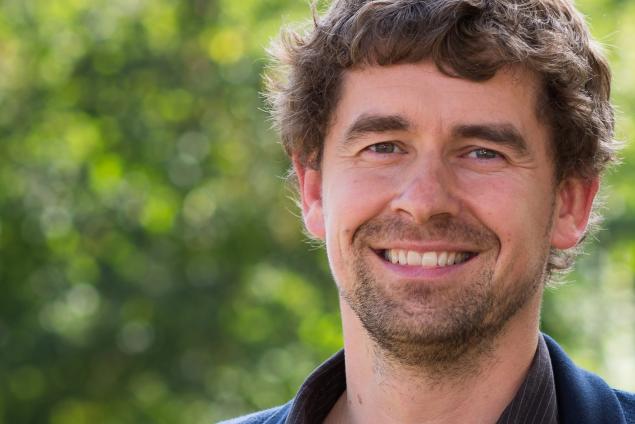Scroll to Section:
Why are some people more prone to sickness than others? Individual people differ in their genetic predisposition to disease. TOBIAS LENZ and his research group investigate whether historical selection by pathogens – by infectious agents – has shaped the genetic makeup of our immune system today. Their specific focus here is on whether selection by pathogens on specific immune genes, so-called HLA genes, has affected the frequency of disease-causing mutation in the neighborhood of these genes. As he explains in this video, they used both computer simulations as well as real sequencing of humans and ran a project on the genetics of medieval Europeans who suffered from leprosy. Their findings indeed support their hypothesis. This can explain, at least in part, the surprising frequency of some genetically caused diseases in the human population today.
DOI:
https://doi.org/10.21036/LTPUB10501
Institution
Leuphana University, Lüneburg
Sustainability research, cultural research, education, management and entrepreneurship: Through these four science initiatives, in course work and research, Leuphana University of Lüneburg addresses the challenges of civil society in the 21st century. The bodies responsible for these initiatives are the faculties newly established in 2010: Education , Culture , Business and Sustainability . There are research topics spanning multiple faculties – in keeping with developments of current and future relevance – devoted to the Democracy, Digital Media and Health.
Companion to the substantive quality of the curriculum, Leuphana places particular reliance on students' responsibility, curiosity and initiative, on a broad-ranging change in perspective that questions presumably settled knowledge, and on dialogue not only among the various disciplines but between science and practice. The course of study follows a degree model unique to the German higher-education landscape, a model that has already received multiple awards. With its launch of the Digital School in 2013, Leuphana also entered the age of the online universities, where it is setting new standards in social learning.
For its development as a humanistic, action-oriented and sustainable university, in 2007 Leuphana received an award from the business community's innovation agency for the German science system, the Stifterverband für die Deutsche Wissenschaft, in its competition devoted to 'Excellence Strategies for Small and Medium-Sized Universities', and in 2010 from the Mercator Foundation and the Volkswagen Foundation for the nationwide competition on 'The Future of Instruction'.
To strengthen Lüneburg as a location for research and business, scientists and the business community are working side by side on visionary projects under unique conditions, as part of the EU-sponsored regional development project for Innovation Incubators. A total of nearly EUR 100 million is flowing into regional economic development. In more than 50 projects, there are some 300 firms in the former Lüneburg district working with teams of researchers on behalf of a broad range of new research and infrastructure projects and measures in education and training. The Incubator places the emphasis on the topics of Digital Media, Health and Sustainable Energy. ( Source )
Show more
Original publication
Ancient DNA Study Reveals HLA Susceptibility Loci for Leprosy in Medieval Europeans
Nature Communications
Published in 2018
Excess of Deleterious Mutations around HLA Genes Reveals Evolutionary Cost of Balancing Selection
Molecular Biology and Evolution
Published in 2016
Reading recommendations
A new HLA Map of Europe: Regional Genetic Variation and its Implication for Peopling History, Disease-Association Studies and Tissue Transplantation
Human Heredity
Published in 2013
The Contribution of Natural Selection to Present-Day Susceptibility to Chronic Inflammatory and Autoimmune Disease
Current Opinion in Immunology
Published in 2014
Ancient DNA Reveals Secrets of Human History
Nature
Published in 2011
Going Global by Adapting Local: A Review of Recent Human Adaptation
Science
Published in 2016
Signatures of Environmental Genetic Adaptation Pinpoint Pathogens as the Main Selective Pressure through Human Evolution
PLoS Genetics
Published in 2011
Beyond
A Ground-breaking Scientific Revolution
An Alarming Challenge for Society
If I Had a Second Life
A Personal Reading Recommendation




